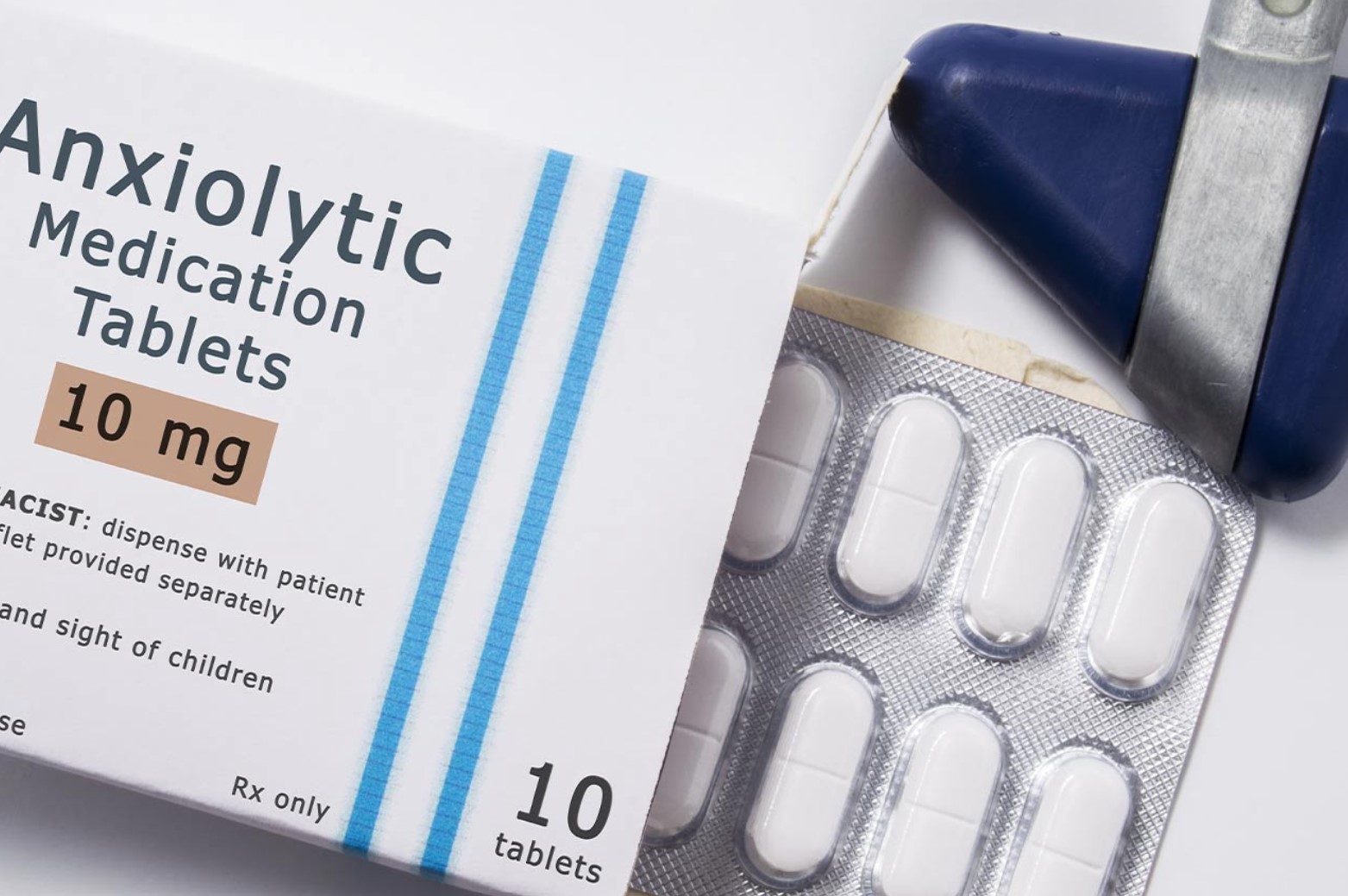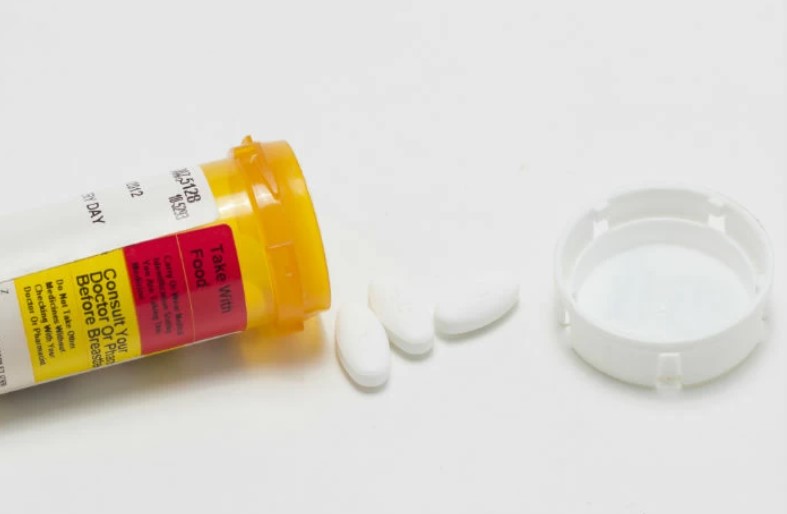
Maximizing Suicide Risk Assessment: How Knowledge of Mental Health Meds Can Help
Sep 04, 2023As a mental health professional, your primary goal is to provide effective care and support to individuals struggling with mental health issues. Suicide risk assessment is a crucial component of your practice, as it helps you identify and intervene in potentially life-threatening situations. While numerous factors contribute to suicide risk, understanding the impact of mental health medications on suicidal ideation is paramount. In this blog post, we will explore the importance of knowledge about mental health medications in maximizing suicide risk assessment. By delving into this topic, you will gain valuable insights to enhance your ability to assess and manage suicide risk effectively.
The Intersection of Mental Health Medications and Suicide Risk Assessment
Mental health medications play a significant role in the treatment of various psychiatric disorders. However, it is crucial to recognize that some medications can have unintended effects on an individual's mental state, including increasing suicidal ideation. By understanding the relationship between mental health medications and suicide risk, you can better evaluate and address potential risks when conducting suicide risk assessments.
Here are 4 different classes of medications that are used in the treatment of various mental health conditions:
1. Antidepressants: Balancing Benefits and Risks

Antidepressants are commonly prescribed medications for individuals with depression, anxiety disorders, and other mental health conditions. While these medications are generally effective in alleviating symptoms, they also carry potential risks, particularly in the early stages of treatment. Some antidepressants, such as selective serotonin reuptake inhibitors (SSRIs), have been associated with an increased risk of suicidal thoughts and behaviors in young adults. It is essential to carefully monitor patients during the early stages of antidepressant treatment and educate them about potential side effects to ensure their safety.
2. Mood Stabilizers and Antipsychotics: Assessing for Potential Side Effects

Mood stabilizers and antipsychotics are commonly prescribed for individuals with bipolar disorder, schizophrenia, and other related conditions. These medications are highly effective in managing symptoms, but they too can have implications for suicide risk assessment. For instance, certain antipsychotics may contribute to increased suicidal ideation in specific populations. Therefore, it is vital to closely monitor patients, especially during medication adjustments or changes, and to discuss any changes in suicidal ideation or behavior.
3. Benzodiazepines and Anxiolytics: The Impact on Suicidal Ideation

Benzodiazepines and other anxiolytic medications are prescribed to help manage anxiety and panic disorders. While these medications can provide short-term relief, they may also pose a risk in terms of suicide assessment. Some studies suggest a potential association between benzodiazepines and increased suicide risk, particularly in individuals with a history of substance abuse or co-occurring mental health conditions. Therefore, when assessing suicide risk in individuals taking these medications, it is crucial to consider their overall mental health and closely monitor for any changes in suicidal thoughts or behaviors.
4. Stimulants and Suicidal Ideation: Understanding the Link

Stimulant medications, such as those prescribed for attention-deficit/hyperactivity disorder (ADHD), have proven to be beneficial in managing symptoms. However, it is important to be aware of the potential impact of these medications on suicide risk. While the evidence is limited, some studies suggest a possible association between stimulant use and increased suicidal thoughts and behaviors, especially in adolescents and young adults. When assessing individuals taking stimulants, it is essential to be vigilant for any changes in their mental state and suicidal ideation.
The Role of Open Communication and Education

One of the key aspects of maximizing suicide risk assessment is open communication with patients regarding their mental health medications. By fostering a safe and non-judgmental environment, you can encourage patients to share any changes in their mental state or suicidal ideation. Educating patients about the potential side effects of their medications, including the risk of increased suicidal thoughts, is crucial for their understanding and informed decision-making. By providing comprehensive information, you empower them to actively participate in their treatment and notify you promptly if they experience any concerning changes.
Collaborating with Prescribing Physicians and Healthcare Providers
Collaboration with prescribing physicians and other healthcare providers involved in a patient's care is essential for maximizing suicide risk assessment. Establishing a strong professional network allows for comprehensive knowledge sharing and a holistic understanding of the patient's treatment plan. Regular communication with prescribing physicians can help identify potential medication-related risks, ensure appropriate medication management, and coordinate interventions if needed. By working together as a team, you can enhance the accuracy and effectiveness of suicide risk assessments.
Recognizing the Importance of Individual Variability
It is crucial to acknowledge that individual responses to medications can vary significantly. While some individuals may experience an increase in suicidal ideation with certain medications, others may not show any adverse effects. Factors such as personal history, concurrent mental health conditions, and the presence of a support system can influence an individual's response to medication. Therefore, tailoring suicide risk assessments to the specific needs and circumstances of each patient is paramount.
Ongoing Monitoring and Evaluation
Suicide risk assessment should not be a one-time event but rather an ongoing process throughout the course of treatment. Regular follow-up appointments allow you to monitor the effectiveness of medications, assess changes in suicidal ideation, and make necessary adjustments to the treatment plan. Implementing standardized assessment tools and rating scales can help track the severity of suicidal ideation over time, providing valuable data for evaluating treatment outcomes and identifying potential risks.
The Importance of Continual Professional Development
Given the ever-evolving field of mental health medications and research, staying up to date with the latest advancements is crucial for mental health professionals. Engaging in continual professional development opportunities, attending conferences, and accessing reputable resources can provide you with the knowledge and skills necessary to maximize suicide risk assessment. By staying informed, you can incorporate evidence-based practices into your assessments, ensuring the highest standard of care for your patients.
One highly recommended course is "Mental Health Meds and Suicide Risk" offered by CEU Outlet. This course covers in-depth discussions on the types of medications used to treat mental health disorders, their side effects, directions for taking medications, and warnings from the FDA. Additionally, it explores the importance of gun safety as it relates to mental health, highlighting strategies to reduce gun violence. By completing this course, you can earn 6 CE Hours in Diagnosing and Treatment, further enhancing your professional expertise.
Conclusion:
Maximizing suicide risk assessment requires a comprehensive understanding of the relationship between mental health medications and suicidal ideation. As a mental health professional, equipping yourself with this knowledge is essential to ensure accurate assessments and appropriate interventions. By recognizing the potential risks associated with different classes of medications, fostering open communication with patients, collaborating with prescribing physicians, and continually updating your knowledge, you can enhance your ability to assess suicide risk effectively and provide the necessary support to individuals in need. By integrating this knowledge into your practice, you play a vital role in promoting the safety and well-being of your patients.






